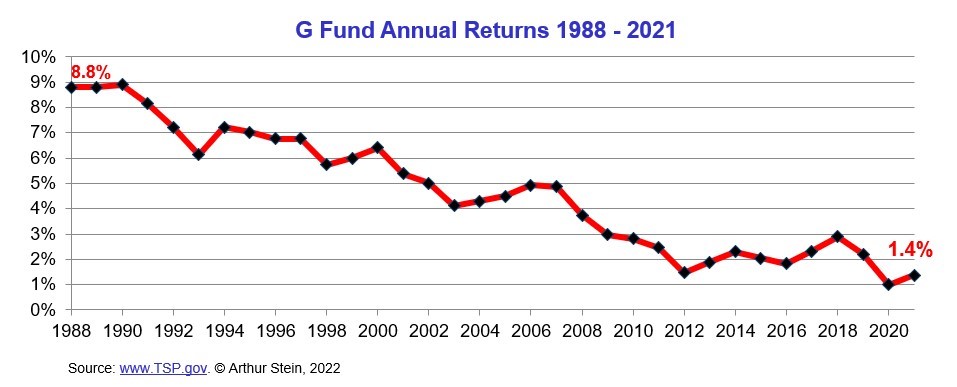If you are working, retired, building a nest egg or living off one, these are tough emotional times. If you want good news, you’ve learned to avoid the financial news or stock market reports. Also national news, international news and, if you are a baseball fan in certain cities like Washington, D.C., you avoid the sporting news, too.
Hopefully you have a good cable package and a personality that lets you sort and live with…
READ MORE
If you are working, retired, building a nest egg or living off one, these are tough emotional times. If you want good news, you’ve learned to avoid the financial news or stock market reports. Also national news, international news and, if you are a baseball fan in certain cities like Washington, D.C., you avoid the sporting news, too.
Hopefully you have a good cable package and a personality that lets you sort and live with the good news vs. the not-so-good-news. Which is the purpose of today’s Your Turn radio show: It’s a double-header on the good, the bad and the ugly. We are going to try to cover the waterfront. Our show begins at 10 a.m. EDT on www.federalnewsnetwork.com or 1500 AM in the Washington-Baltimore area. First up, financial advisor Arthur Stein will talk about the future course of your TSP account, and the pros and cons of investing heavily in the never-has-a-bad-day G fund. Many consider it the “safest” investment. But that begs the question: How do you define “safe” when building a retirement nest egg? Federal News Network reporter Drew Friedman will talk about the very latest on the federal pay raise. Then we’ll get into the prospects for a large retiree COLA. Last, but definitely not least, the issues TSP investors are having with the new system.
Hopefully this has something for everyone. Here’s a preview from Arthur Stein on the place of the G-fund in your TSP portfolio:
There are two advantages to the G-fund: Zero volatility and all holdings are guaranteed by the government.
However, G (and F)-fund investors need to recognize that, historically, long-term investments in the G and F-funds lost purchasing power. G-fund annual returns have gradually declined since it was introduced in April of 1987. In 2021, the return was 1.4%, 84% lower than in 1988. The cost of living (inflation) more than doubled over this period.
That leaves TSP participants with a dilemma. Should they invest for:
- The lower volatility and lower chance of losing principal (“safety”) offered by the G and F (bond) funds, and accept the higher chance of declines in purchasing power; or
- The higher potential growth historically offered by the stock funds, accepting higher volatility and market declines for the opportunity to increase purchasing power?
Nearly Useless Factoid
By Daisy Thornton
Scientists have found the mimosa pudica plant, native to Central and South America, is capable of remembering stimulus for several weeks.
Source: Sci News

